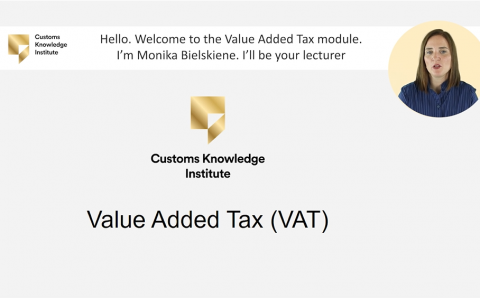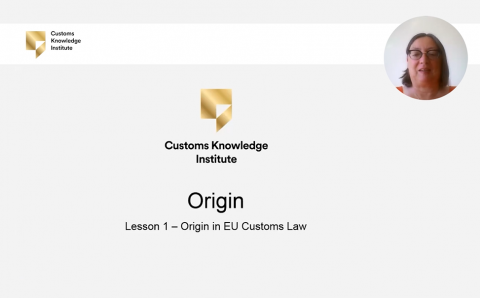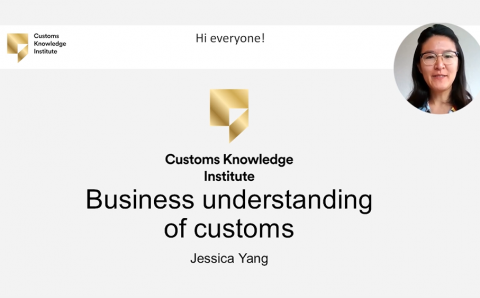Customs representation in the EU and customs brokers’ management
2022-10-28 2022-11-07 10:27Customs representation in the EU and customs brokers’ management
Customs representation in the EU and customs brokers’ management
It is set out in Article 18 of the Union Customs Code that any person may appoint a customs representative (also called ‘customs broker’, ‘customs agent’). According to the statistics of several EU member states, customs brokers take care of more than 80% of import and export customs declarations. Therefore, they play an important role as an intermediary between traders and customs.
The aim of this course, which is Module 4 of the extensive Customs clearance and trade compliance in the EU training, is to give you an understanding of general principles of representation and the role of the representatives; the importance of the role of customs representatives for both business and customs; the legal definition of and requirements for customs representation; commercial, transportation and other documents and data related to the international trade transaction – the basis of customs formalities and the actions of customs representatives; the sequence of actions of customs representatives in line of the sequence of import and export customs formalities; the main aspects of customs brokers’ management from an importer’s perspective.
Lessons
The course consists of three video lessons:
- Customs representation: definition and requirements of customs representation; types of customs representation – direct and indirect; customs representation in importation and exportation processes;
- Customs brokers’ management (importer’s perspective);
- Some further aspects to consider: post-clearance amendment of SAD box 14; also, watch a discussion on aspects of customs brokers’ management – contracts, KPI’s, communication, etc. (transcript of the discussion is available in Resources).
Outcome
At the end of the course, you should know:
- What customs representatives do and may do, and what requirements apply to their activities;
- The responsibilities and liabilities of both the representative and the represented person;
- How to choose the most suitable customs representative and establish a succesful cooperation, focused on minimising customs-related risks and maximising benefits;
- The concepts of primary and secondary documents of customs clearance.
CKI community membership grants a 10% discount from the price of this course.
Contact us to receive the discount code for the purchase: CKI@customsknowledgeinstitute.org
Reviews
Average Rating
Detailed Rating




